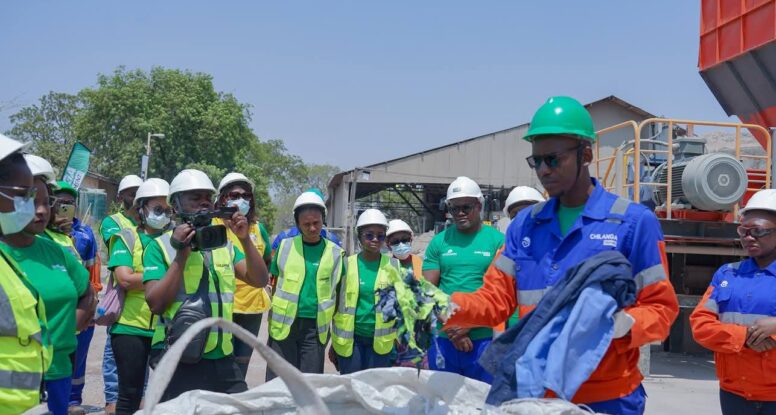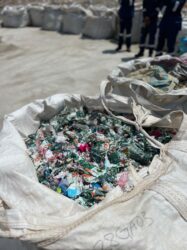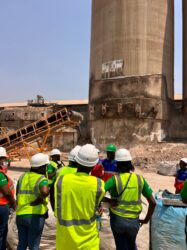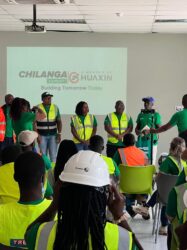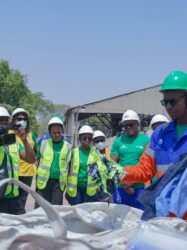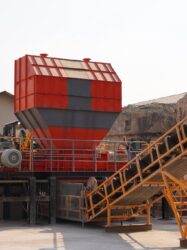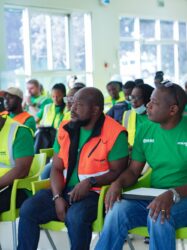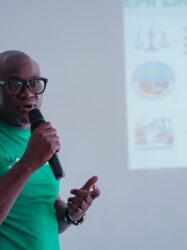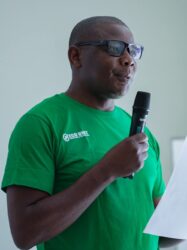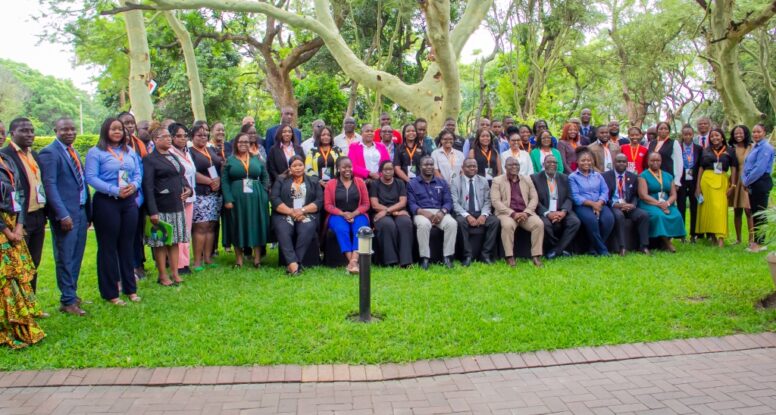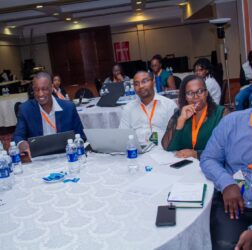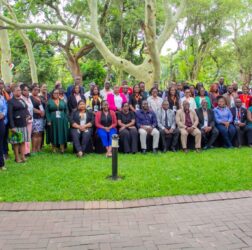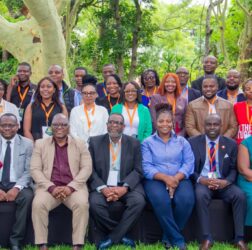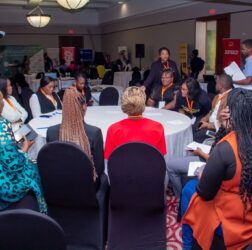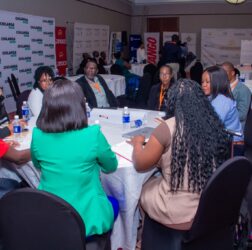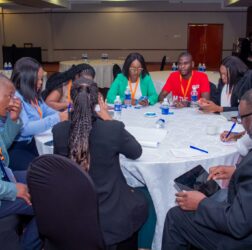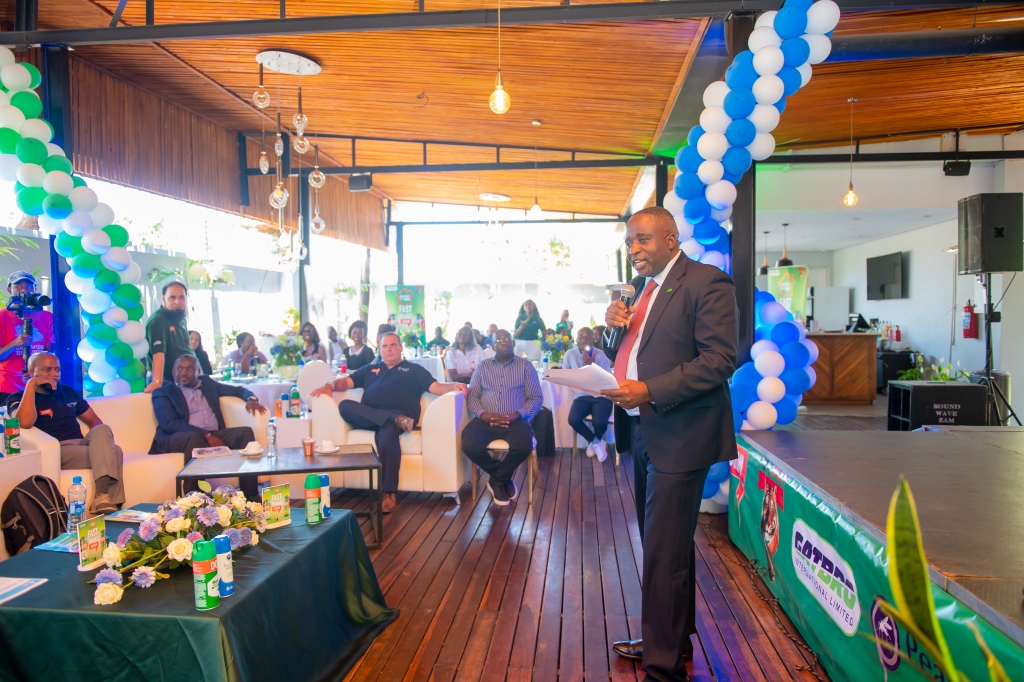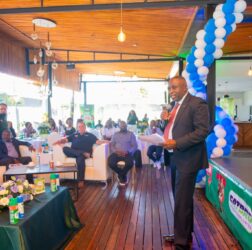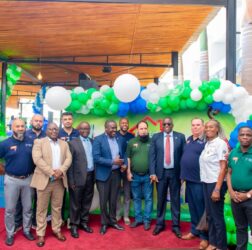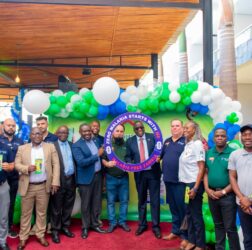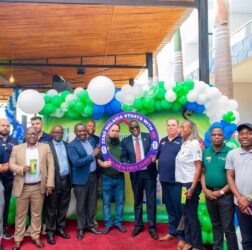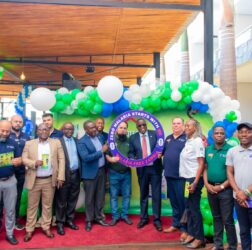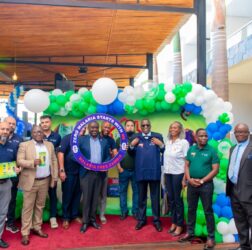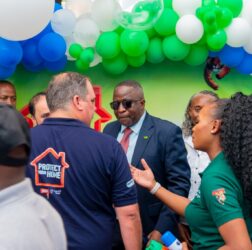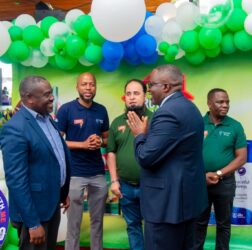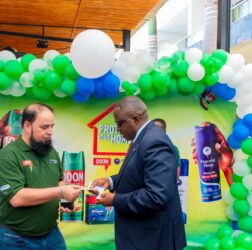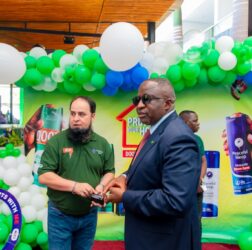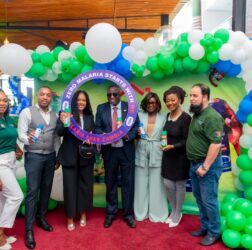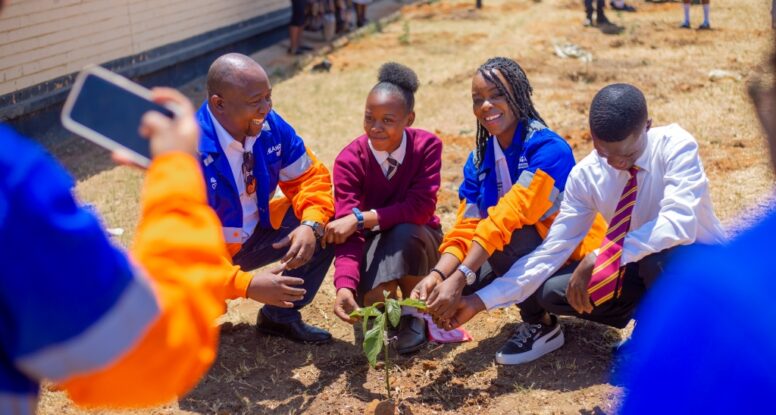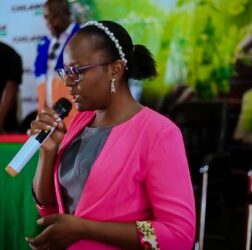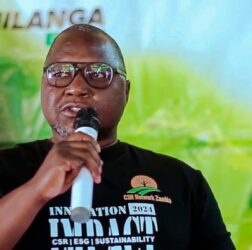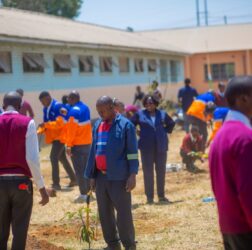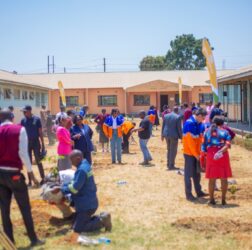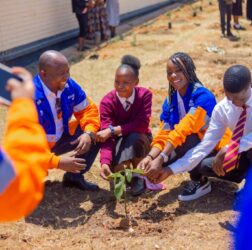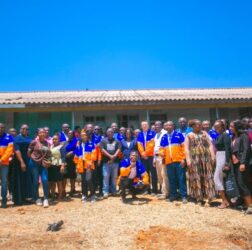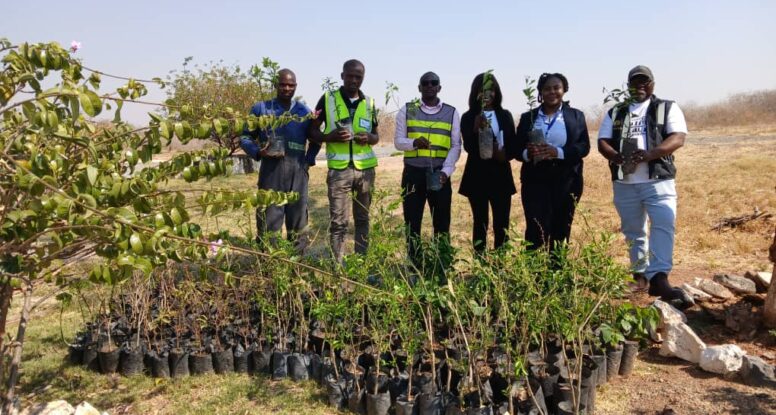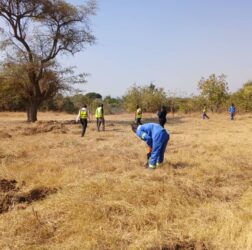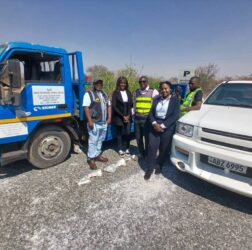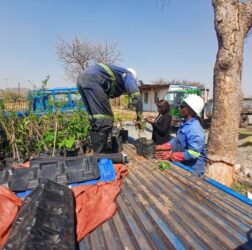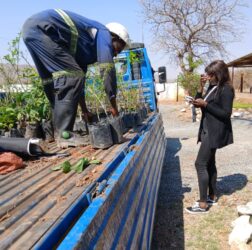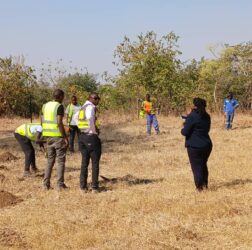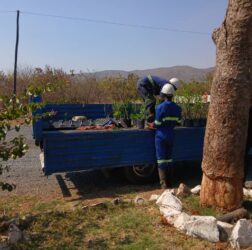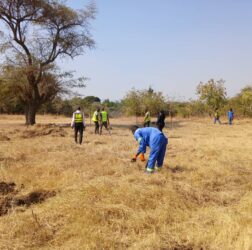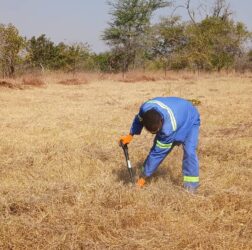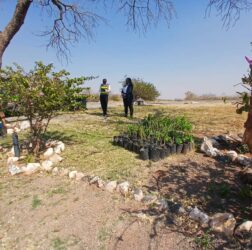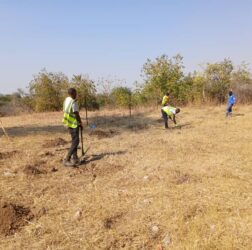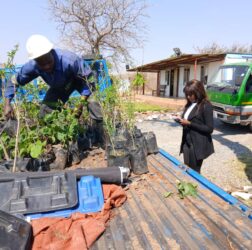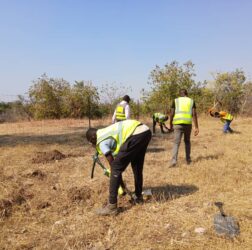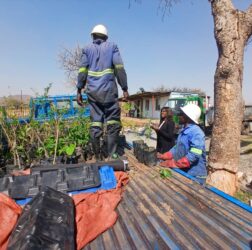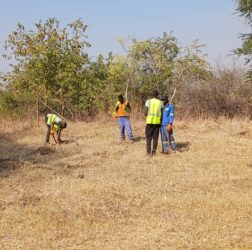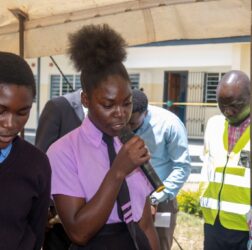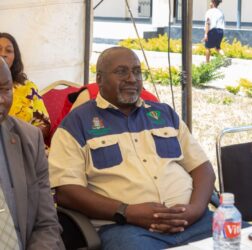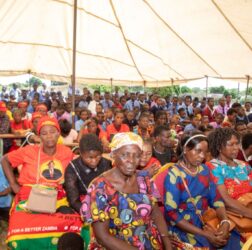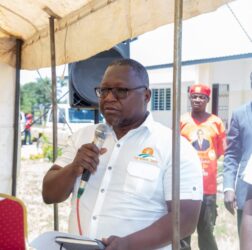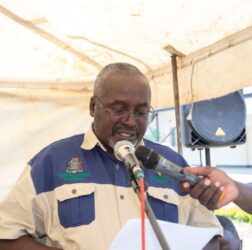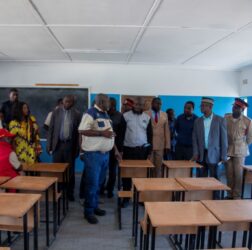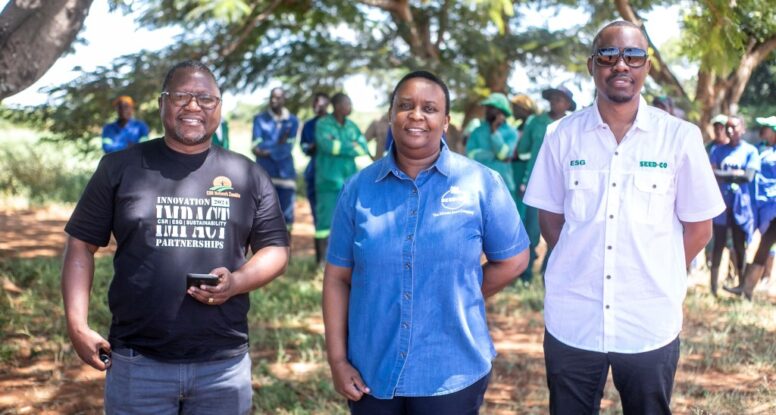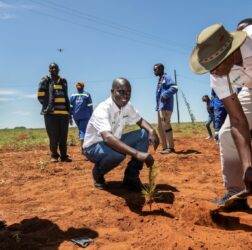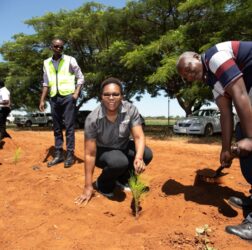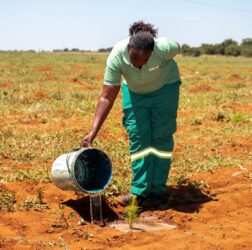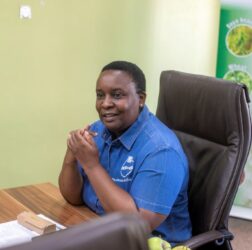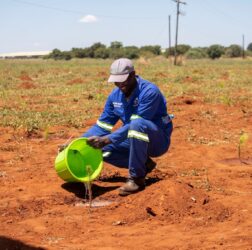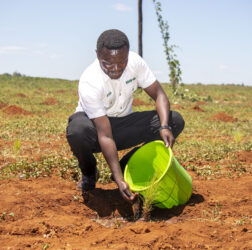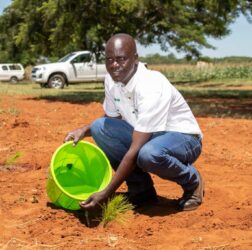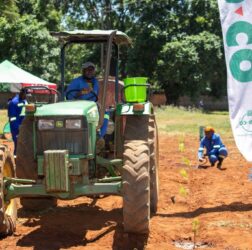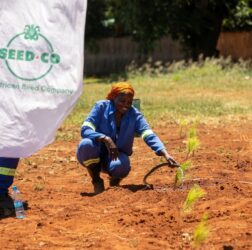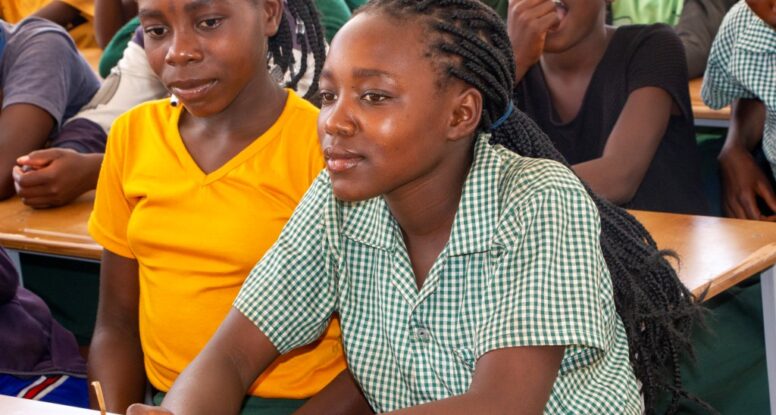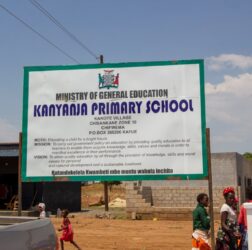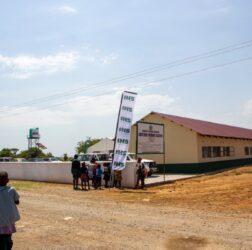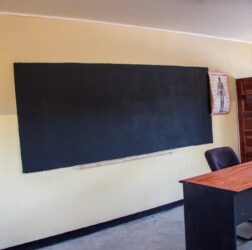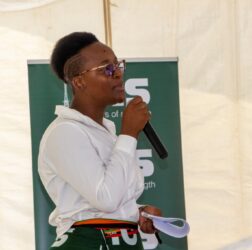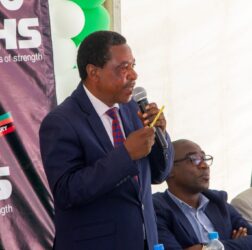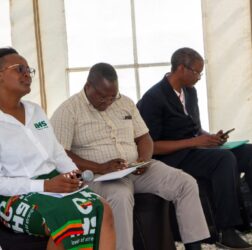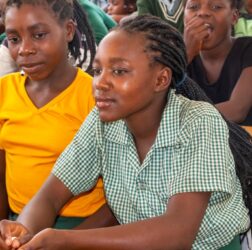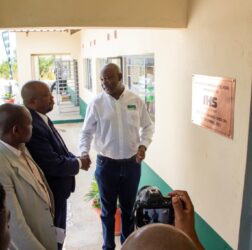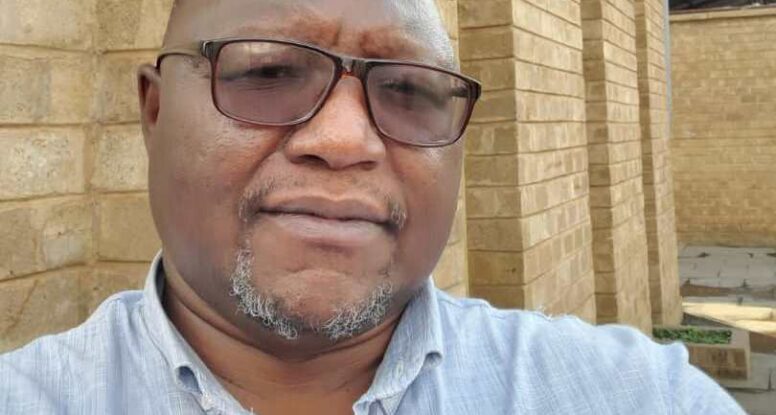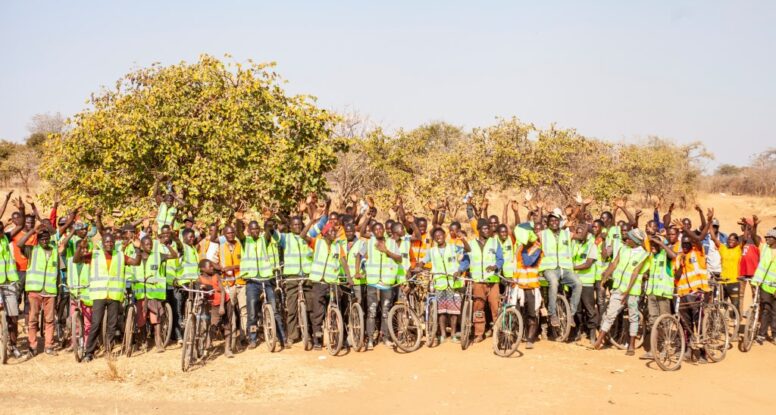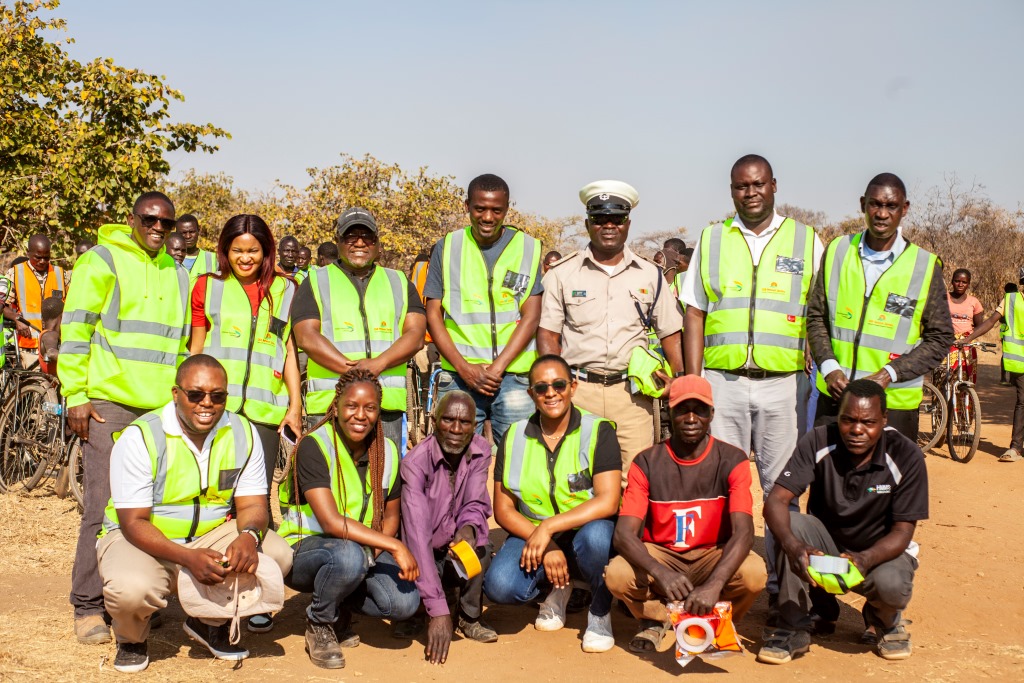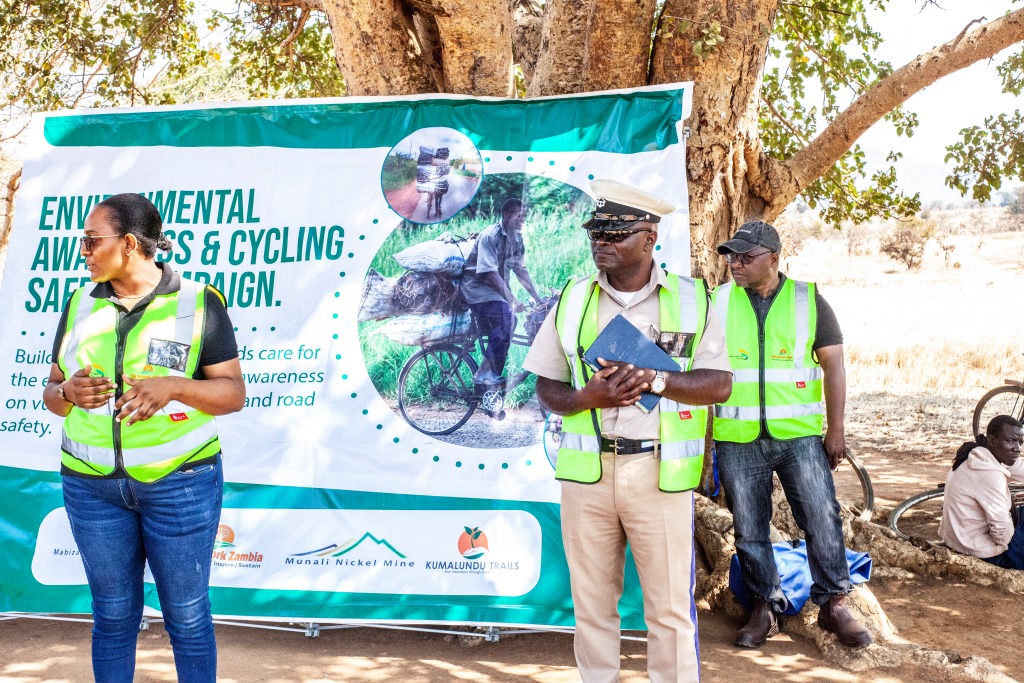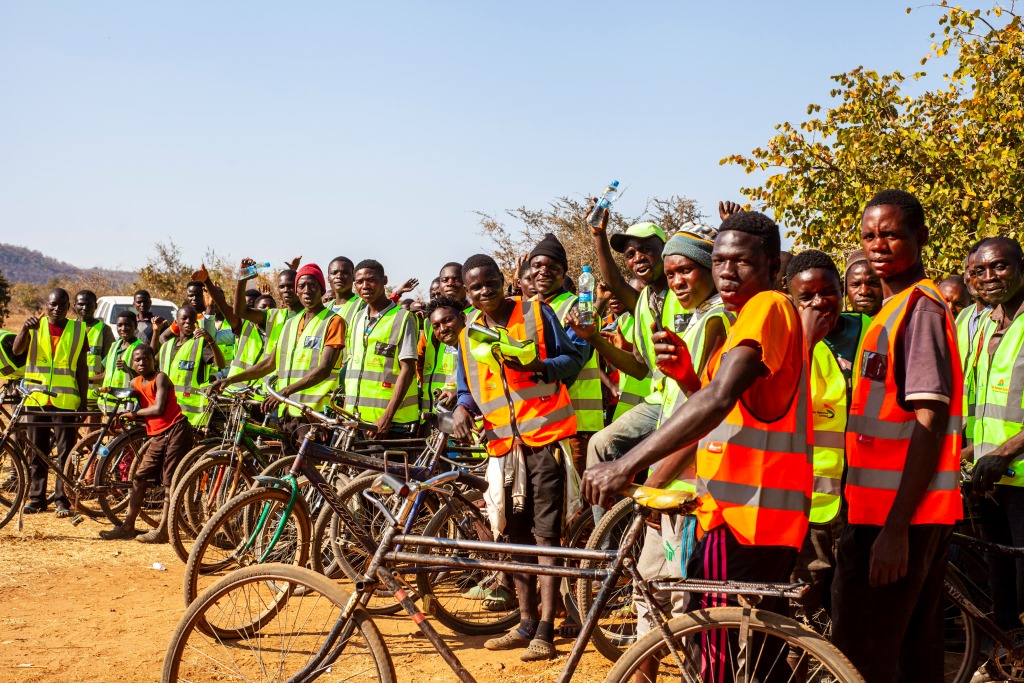Lusaka, Zambia – 24 September 2025 – The CSR Network Zambia, along with representatives from 20 leading corporates and civil society organizations, had the distinct privilege of touring the Eco Unit at Chilanga Cement.
Before embarking on the site tour, the event kicked off with insightful opening remarks that set the tone for the day. Delivering the opening address, Mr. Jonas Kaonga, Deputy Plant Manager, emphasized Chilanga Cement’s long-term vision for sustainable waste management.

“At Chilanga Cement, our environmental policy guides us to reduce the impact of climate change through the development, manufacture, and promotion of sustainable solutions. Last year alone, we invested K18 million into the ECO Unit, including the acquisition of a state-of-the-art shredder with a capacity of two tons per hour. This bold investment enhances our ability to manage non-recyclable plastic waste, one of the most persistent challenges in our communities, transforming it into valuable resources while keeping our environment clean,” he said.

Mr. Lee Muzala, CSR Network Zambia Executive Director, highlighted the social dimension of waste management, noting that waste should be viewed not as a problem but as an opportunity:
“Waste comes from every sector; households, offices, markets, and today it is becoming a valuable resource. For us in the CSR space, it presents an opportunity to innovate, collaborate, and contribute to building resilient communities and a sustainable country. Chilanga Cement, through the ECO Unit, has the machinery and processes in place to make this possible,” he said.
Partner organizations also shared testimonials, reaffirming the impact of Chilanga Cement’s waste management solutions. Zambia Sugar Plc, represented by Mr. Wiza Chaibela, commended the Chilanga Cement through ECO Unit partnership, which has enabled the safe disposal of over 60 tonnes of waste: “This collaboration reflects shared values for a greener Zambia. What matters is not just disposal but the assurance that our waste is treated in line with circular economy principles.”
The site visit offered participants a first-hand appreciation of Chilanga Cement’s innovative approach to waste disposal and energy recovery. Stakeholders were particularly impressed by the company’s significant investment in a state-of-the-art Shredder, valued at K18 million, with the capacity to shred 2 tonnes of waste per hour. This specialized equipment focuses solely on non-recyclable plastics, contaminated hazardous containers, and sensitive materials such as packaging waste and old uniforms from various companies, ensuring safe and efficient processing. The Eco Unit utilizes co-processing solutions, converting this waste into an alternative energy source for cement production.
This demonstration was a powerful testament to Chilanga Cement’s deep commitment to contributing to a cleaner, greener, and sustainable Zambia. Participants gained valuable insight into the rigorous, behind-the-scenes processes that make every bag of their cement a step towards a more sustainable industrial future.
The tour not only showcased environmental responsibility in action but also emphasized how industry leaders are tackling waste management challenges through innovation.
A huge thank you to the Eco Unit and the entire team at Chilanga Cement for hosting us and for sharing their vision for a circular economy in Zambia!

